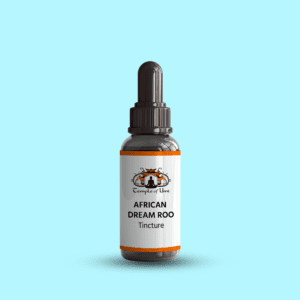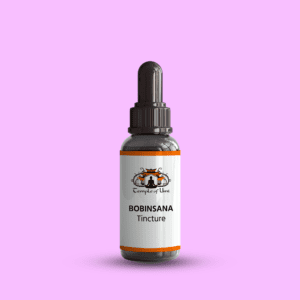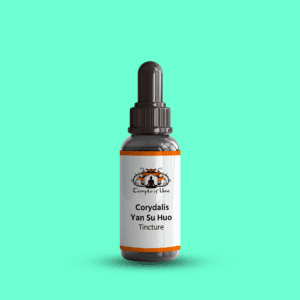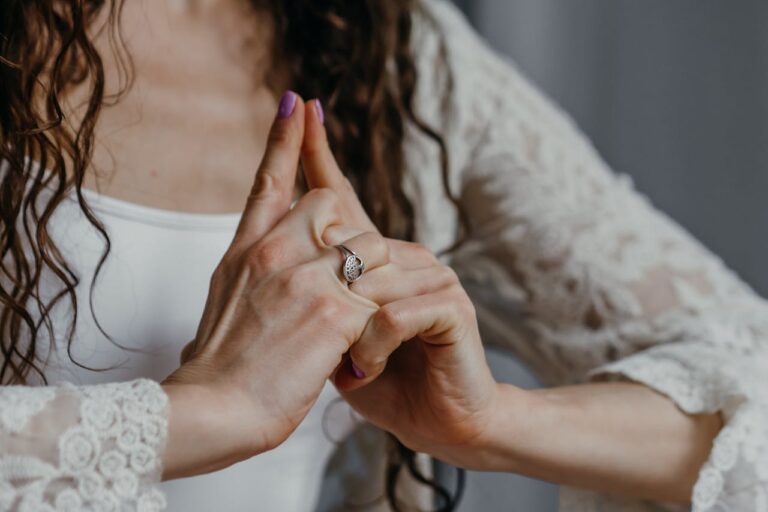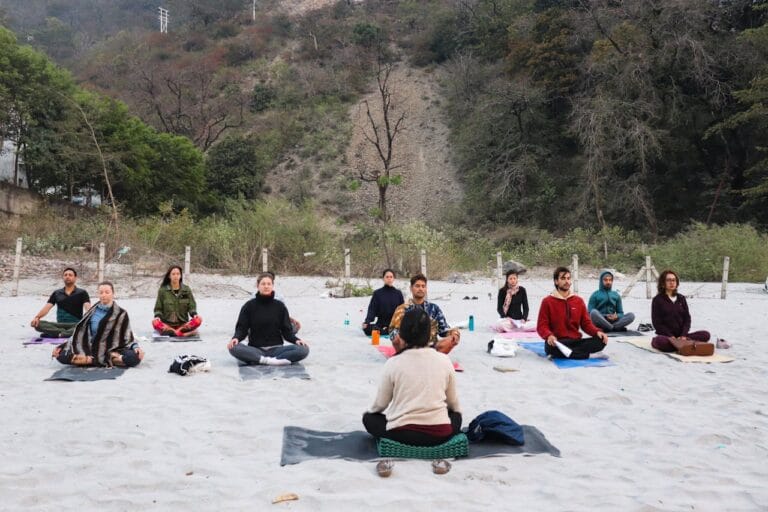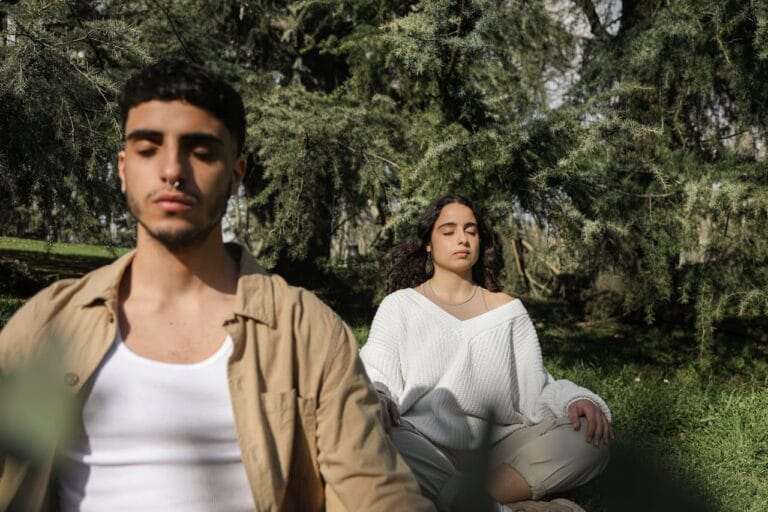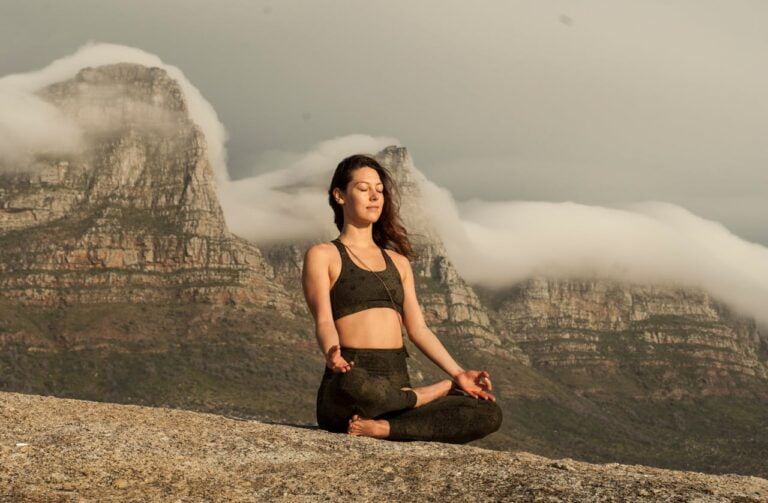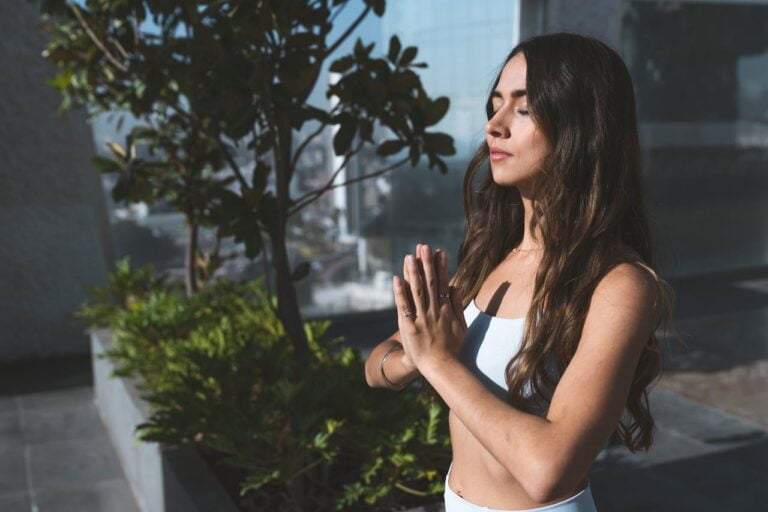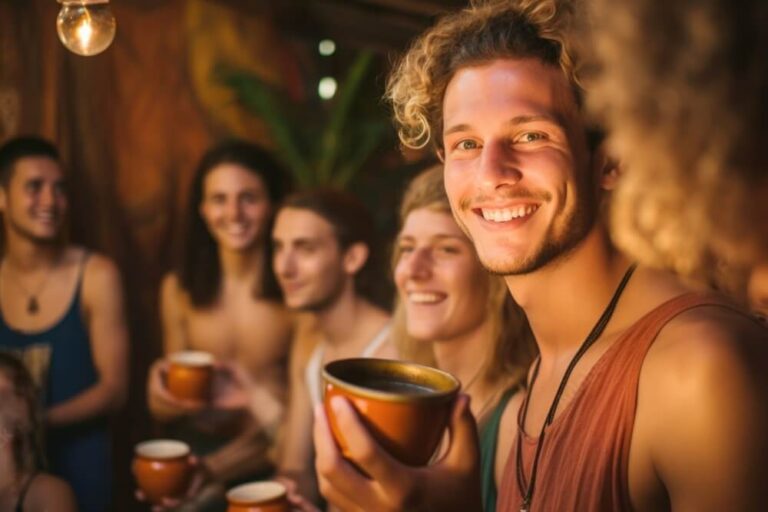Discovering Sacred Plant Medicine Retreats
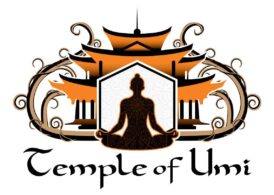
By Temple of Umi
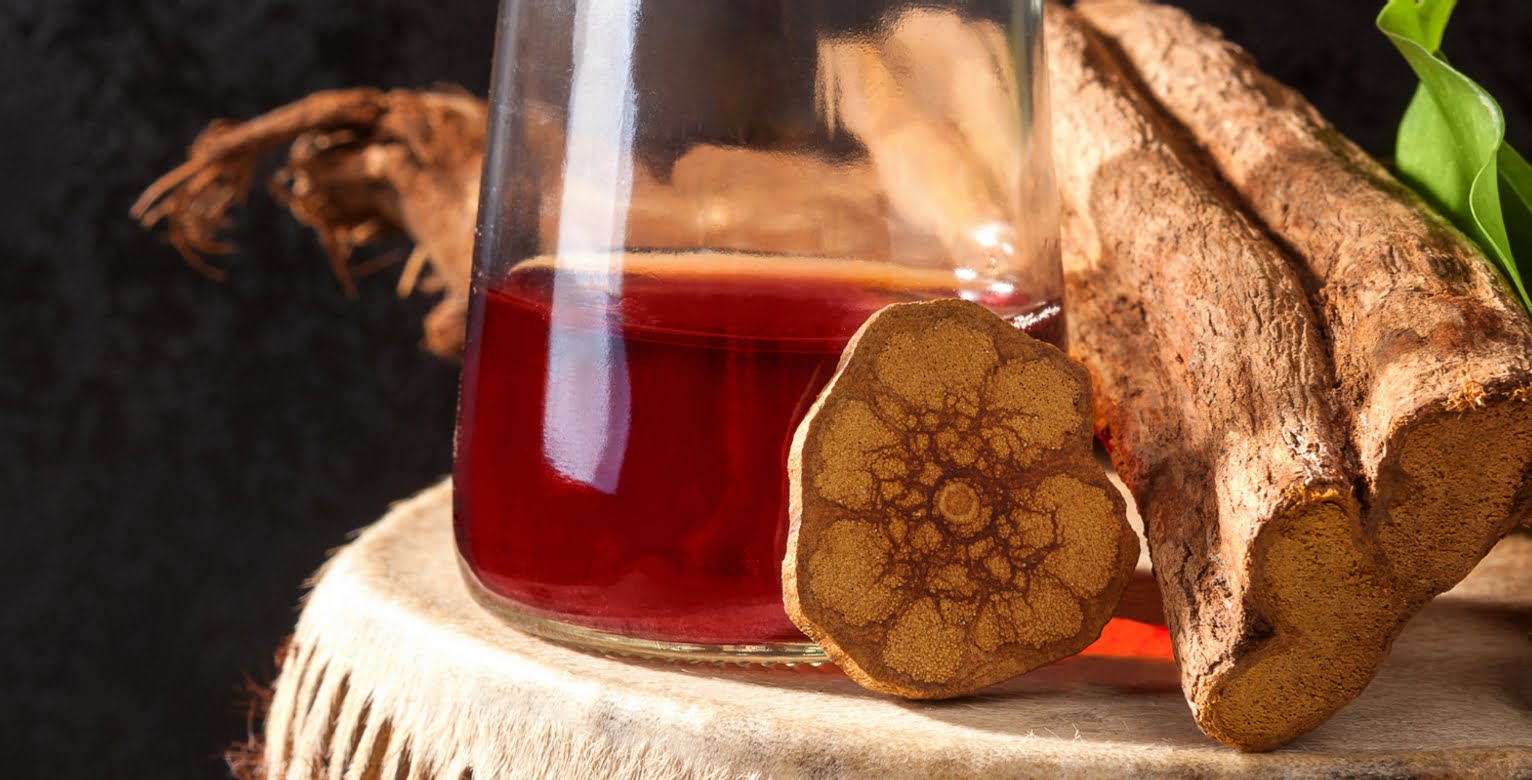
Table of Contents
Explore the transformative world of sacred plant medicine retreats across the USA. Discover how these experiences promote healing, spiritual growth, and personal insight.
Introduction
Recently, the interest in sacred plant medicine retreats has surged as people seek alternative paths to healing and self-discovery. These retreats offer a unique opportunity to connect with nature, engage in deep introspection, and access profound insights through traditional plant medicines. In this blog post, we’ll explore sacred plant medicine retreats, their benefits, and how you can find a suitable retreat for your journey.
What Are Sacred Plant Medicine Retreats?
Sacred plant medicine retreats typically involve the ceremonial use of psychoactive plants, such as Ayahuasca, Peyote, or Psilocybin mushrooms. Experienced facilitators guide participants in rituals to promote healing, spiritual connection, and personal growth. These retreats often occur in serene natural settings, providing an ideal backdrop for reflection and transformation. Learn more.
Types of Sacred Plant Medicines
Ayahuasca: A brew made from the Banisteriopsis caapi vine and the Psychotria viridis leaf, Ayahuasca has been used for centuries in Amazonian spiritual practices. It is known for inducing profound emotional and spiritual experiences, often revealing insights into one’s life and purpose.
Peyote: A small cactus native to Mexico and the southwestern United States, Peyote contains mescaline, a powerful hallucinogen. It has been used for millennia in Native American rituals to promote healing and spiritual clarity.
Psilocybin Mushrooms: These mushrooms contain the psychedelic compound psilocybin, which can lead to altered states of consciousness, deep introspection, and feelings of interconnectedness. Psilocybin retreats are increasingly popular, often focusing on personal development and mental health.
Benefits of Sacred Plant Medicine Retreats
Healing Trauma
Many participants attend these retreats to confront and heal from past traumas. The insights gained during ceremonies can help individuals process their experiences and develop healthier coping mechanisms.
Spiritual Awakening
Sacred plant medicine retreats can be transformative for those seeking a deeper connection to their spiritual self. Participants often report feelings of unity with nature and a heightened awareness of their purpose in life.
Personal Growth
The reflective nature of these retreats encourages personal growth. Participants may gain clarity on their life goals, relationships, and emotional well-being, empowering them to make positive changes.
Community Support
Retreats often foster a sense of community among participants. Sharing experiences with others can enhance the healing process and provide lasting friendships built on mutual understanding. Learn more.
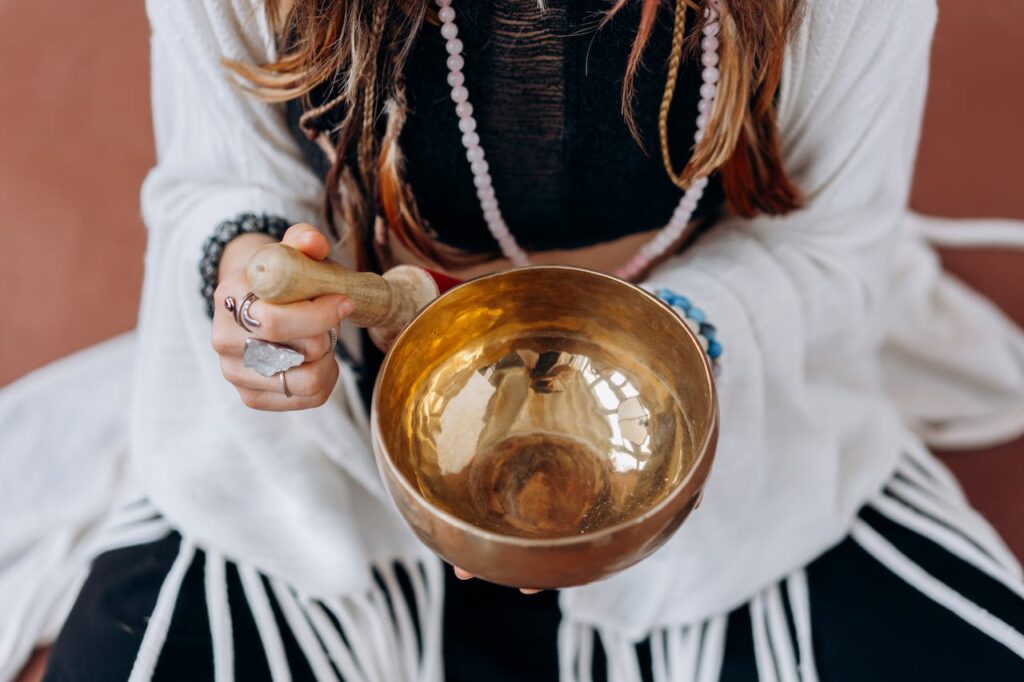
Choosing the Right Retreat
When looking for a sacred plant medicine retreat, consider the following factors:
Facilitator Experience
Research the facilitators’ backgrounds and experience with the specific plant medicine used. Look for retreats that emphasize safety, preparation, and integration.
Location
Choose a retreat in a serene natural setting that resonates with you. Many retreats are located in lush forests, mountains, or by the ocean, enhancing the overall experience.
Retreat Size
Smaller retreats often offer more personalized attention and support. Consider whether you prefer a more intimate setting or a larger group dynamic.
Preparation and Integration Support
A good retreat will provide pre-retreat preparation and post-retreat integration support. This can include information on preparing for the experience and follow-up sessions to help participants process their journeys. Learn more.
Preparing for Your Retreat
Physical Preparation
Many retreats recommend dietary restrictions before the ceremony, such as avoiding alcohol, caffeine, and certain foods. Follow the guidelines provided by your retreat to ensure a safe experience.
Mental and Emotional Readiness
Take time to reflect on your intentions for attending the retreat. What do you hope to achieve or understand? Journaling can be a helpful way to clarify your thoughts and feelings.
Set Expectations
Approach the experience with an open mind. Understand that each person’s journey is unique, and outcomes vary widely. Embrace the process without fixed expectations. Learn more.
The Ceremony Experience
Setting the Intention
Ceremonies typically begin with a group gathering, where participants set their intentions. This is a sacred moment to share hopes and aspirations for the experience ahead.
Consuming the Medicine
Participants then consume the plant medicine, often accompanied by ceremonial music, chanting, or drumming. This process is intended to create a safe and supportive environment for the journey.
Journeying
As the medicine takes effect, participants may experience vivid visions, emotions, or profound insights. The journey can last several hours, during which facilitators provide support and guidance.
Integration
Integration is crucial after the ceremony. This process involves discussing experiences, feelings, and insights gained during the journey, often facilitated by experienced guides.
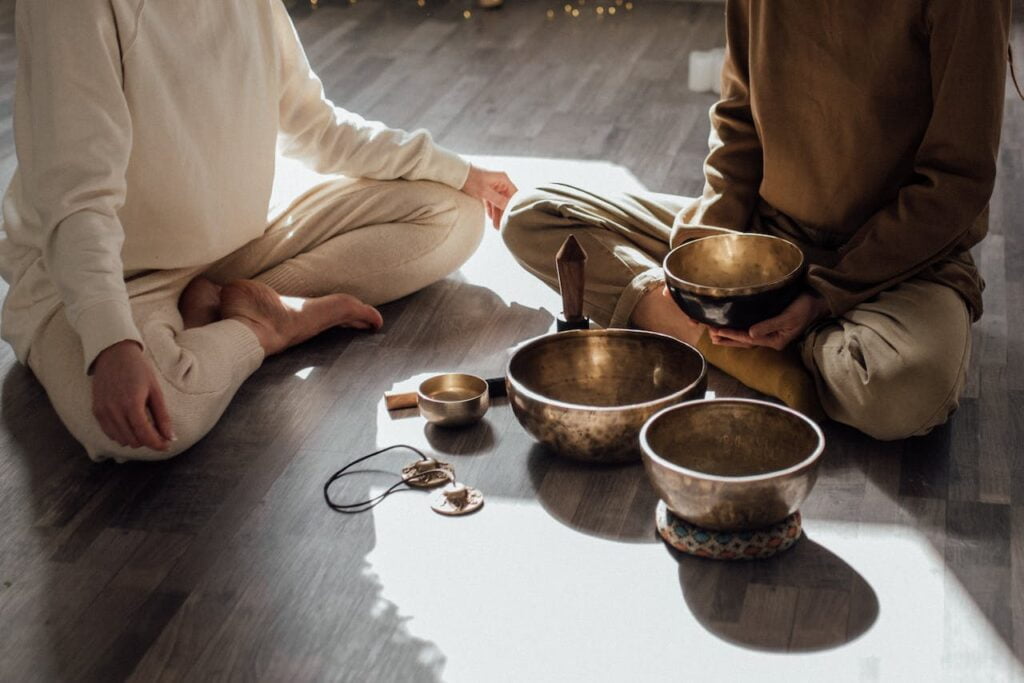
Determination
Sacred plant medicine retreats offer a unique opportunity for healing, personal growth, and spiritual exploration. As interest in these transformative experiences continues to grow, it’s essential to approach them with respect and intention. By choosing a suitable retreat and preparing thoughtfully, you can embark on a journey that may lead to profound insights and lasting change. Whether you’re seeking healing from trauma, a deeper spiritual connection, or personal development, a sacred plant medicine retreat may be the path you’ve been searching for.
- What is Sacred Plant Medicine? Click here.
- Embark on a Journey of Transformation with Spiritual Healing
- Unveiling Healing Energy at the Temple of Umi
- 10 Energy Healing Techniques to Transform Your Life
- Where to get Sacred Plant Medicine Retreat in the USA
- Top Plant medicine retreats in the USA. Learn more.
- Cost of Plant Medicine Retreat: Balancing Cost and Experience. Learn more.
- What is trauma bonding?
- A Journey into the Healing Properties of Psychedelic Mushrooms. Learn more.
- Plant Medicine Retreat Georgia – Experience Spiritual Awakening
- Spiritual Retreats Georgia
- Shaman in America Exploration
- Shamanism – Shamanic healing
- Shaman Healing Guide
- Plant Medicine ceremonies near you in the USA. Learn more.
- Plant Medicine Experience
- DMT Journey, Benefits, and Side Effects
- Iowaska – What is it?
- Plant medicine retreats in Georgia
- Why massage is beneficial, according to a cardiologist.
- Are mushrooms truffles – What Is a Truffle?
- 11 Best Plant Medicine Retreats in the USA for Spiritual Healing
- Sacred Plant Medicine Retreats in Georgia
- 5 Ayahuasca Retreats in California Worth Exploring
- 7 Best Aya Retreats in America. Click here.
- Mcdonough Ayahuasca retreat
- Conley Ayahuasca retreat
- Whitesburg Ayahuasca retreat
- Brooks Ayahuasca retreat
- Gay Ayahuasca retreat
- Williamson Ayahuasca retreat
- Orchard Hill Ayahuasca retreat
- Glenn Ayahuasca retreat
- Luthersville Ayahuasca retreat
- Shady Dale Ayahuasca retreat
- Bowdon Junction Ayahuasca retreat
- Sargent Ayahuasca retreat
- Greenville Ayahuasca retreat
- Lovejoy Ayahuasca retreat
- Winston Ayahuasca retreat
- Rutledge Ayahuasca retreat
- Moreland Ayahuasca retreat
- Molena Ayahuasca retreat
- Lebanon Ayahuasca retreat
- Good Hope Ayahuasca retreat
- Haralson Ayahuasca retreat
- An Inclusive List of Psychedelic Quotes
- Mount Ayahuasca retreat
- Grantville Ayahuasca retreat
- Pine Lake Retreat near
- Rydal Ayahuasca retreat
- Porterdale Ayahuasca retreat
- Waco Ayahuasca retreat
- Temple Ayahuasca retreat
- Bethlehem Ayahuasca retreat
- Jenkinsburg Ayahuasca retreat
- Adairsville Ayahuasca retreat
- Red Oak Ayahuasca retreat
- Woodbury Ayahuasca retreat
- Cassville Ayahuasca retreat
- Redan Ayahuasca retreat
- North Decatur Ayahuasca retreat
- Grantville Ayahuasca retreat
- Hillsboro Ayahuasca retreat
- Jackson Ayahuasca retreat
- Braselton Ayahuasca retreat
- Zebulon Ayahuasca retreat
- Flovilla Ayahuasca retreat
- Auburn Ayahuasca retreat
- Warm Springs Ayahuasca retreat
- Scottdale Ayahuasca retreat
- Lithia Springs Ayahuasca retreat
- Villa Rica Ayahuasca retreat
- Grayson Ayahuasca retreat
- Sunny Side Ayahuasca retreat
- Senoia Ayahuasca retreat
- Locust Grove Ayahuasca retreat
- Chamblee Ayahuasca retreat
- Fairburn Ayahuasca retreat
- Snellville Ayahuasca retreat
- Monticello Ayahuasca retreat
- Union City Ayahuasca retreat
- Tallapoosa Ayahuasca retreat
- Bremen Ayahuasca retreat
- Hampton Ayahuasca retreat
- Monroe Ayahuasca retreat
- Marble Hill Ayahuasca retreat
- Madison Ayahuasca retreat
- Dawsonville Ayahuasca retreat
- Felton Ayahuasca retreat
- Concord Ayahuasca retreat
- Mansfield Ayahuasca retreat
- Taylorsville Ayahuasca retreat
- Roopville Ayahuasca retreat
- Turin Ayahuasca retreat
- Franklin Ayahuasca retreat
- Clarkdale Ayahuasca retreat
- Talking Rock Ayahuasca retreat
- Jersey Ayahuasca retreat
- Kingston Ayahuasca retreat
- Bostwick Ayahuasca retreat
- North Metro Ayahuasca retreat
- Meansville Ayahuasca retreat
- Social Circle Ayahuasca retreat
- White Ayahuasca retreat
- Rhode Island Ayahuasca retreat
- Maryland Ayahuasca retreat
- Delaware Ayahuasca retreat
- New Jersey Ayahuasca retreat
- Connecticut Ayahuasca retreat
- Massachusetts Ayahuasca retreat
- Hampshire Ayahuasca retreat
- Pennsylvania Ayahuasca retreat
- New York Ayahuasca retreat
- Florida Ayahuasca retreat
- South Carolina Ayahuasca Retreat
- North Carolina Ayahuasca Retreat
- West West Virginia Ayahuasca retreat
- Virginia Ayahuasca retreat
- Ohio Ayahuasca retreat
- Alabama Ayahuasca retreat
- Mississippi Ayahuasca retreat
- Tennessee Ayahuasca retreat
- Kentucky Ayahuasca retreat
- IndianaAyahuasca retreat
- ILLINOIS Ayahuasca retreat
- Missouri Ayahuasca retreat
- Arkansas Ayahuasca retreat
- Louisiana Ayahuasca retreat
- Texas Ayahuasca retreat
- Oklahoma Ayahuasca retreat
- KansasAyahuasca retreat
- Ayahuasca retreats near me in Experiment.
- A wellness retreat in Georgia
- What is Ayahuasca?
- Embark on a Journey of Transformation with Spiritual Healing
- Unveiling Healing Energy at the Temple of Umi
- 10 Energy Healing Techniques to Transform Your Life
- Where to get Ayahuasca in the USA
- Top Ayahuasca retreats in the USA. Learn more.
- Cost of Ayahuasca Retreat: Balancing Cost and Experience. Learn more.
- What is trauma bonding?
- A Journey into the Healing Properties of Psychedelic Mushrooms. Learn more.
- Ayahuasca Retreat Georgia – Experience Spiritual Awakening
- Spiritual Retreats Georgia
- Shaman in America Exploration
- Shamanism – Shamanic healing
- Shaman Healing Guide
- Ayahuasca ceremonies Ayahuasca ceremonies near you in the USA
- Ayahuasca Experience
- DMT Journey, Benefits, and Side Effects
- Iowaska – What is it?
- Plant medicine retreats in Georgia
- Why massage is beneficial, according to a cardiologist.
- Are mushrooms truffles – What Is a Truffle?
- 11 Best Ayahuasca Retreats in the USA for Spiritual Healing
- What is Rapé?
- What is a Tincture?
- Where to find Ayahuasca near me
- Healing retreats USA
- Best Retreats USA

